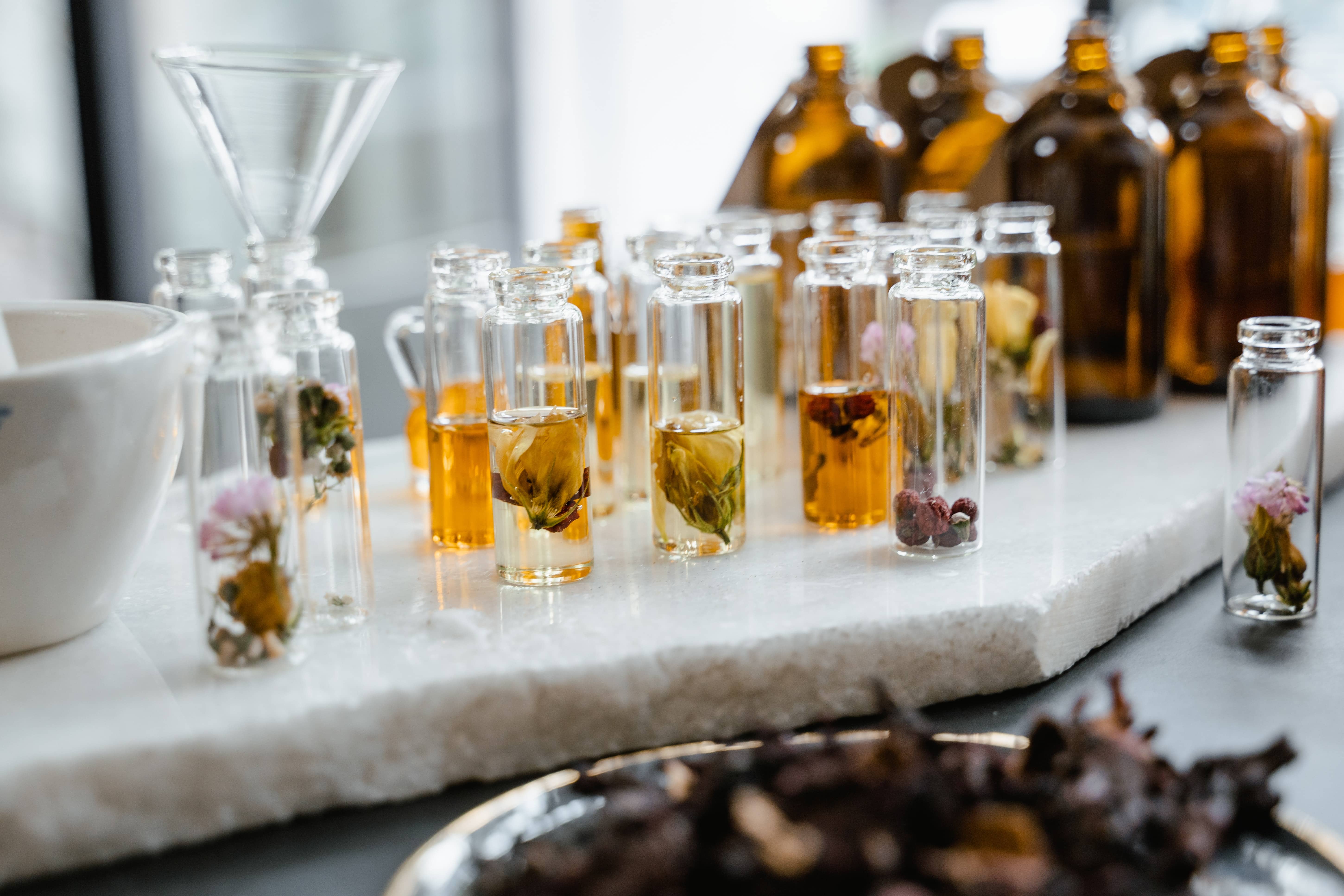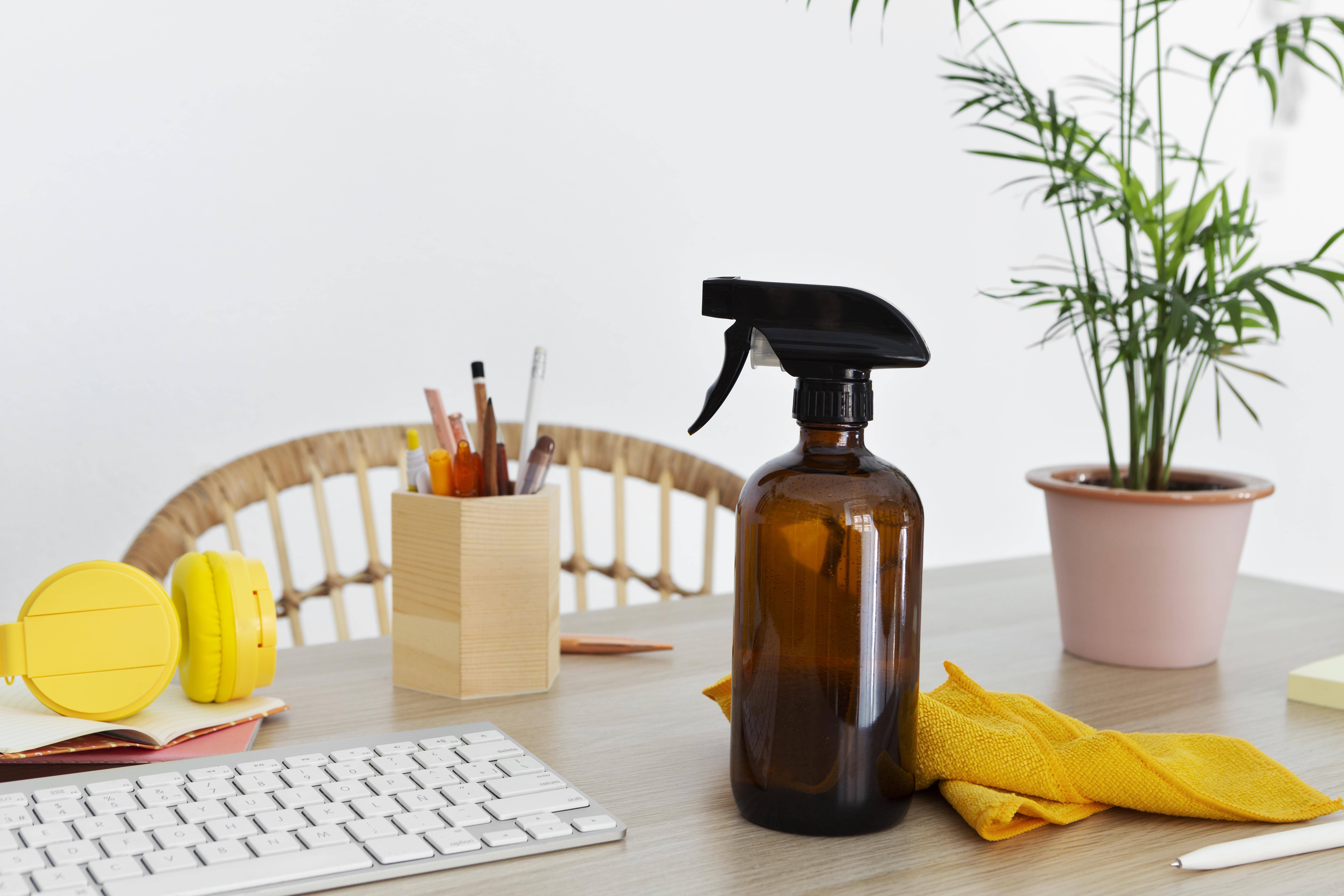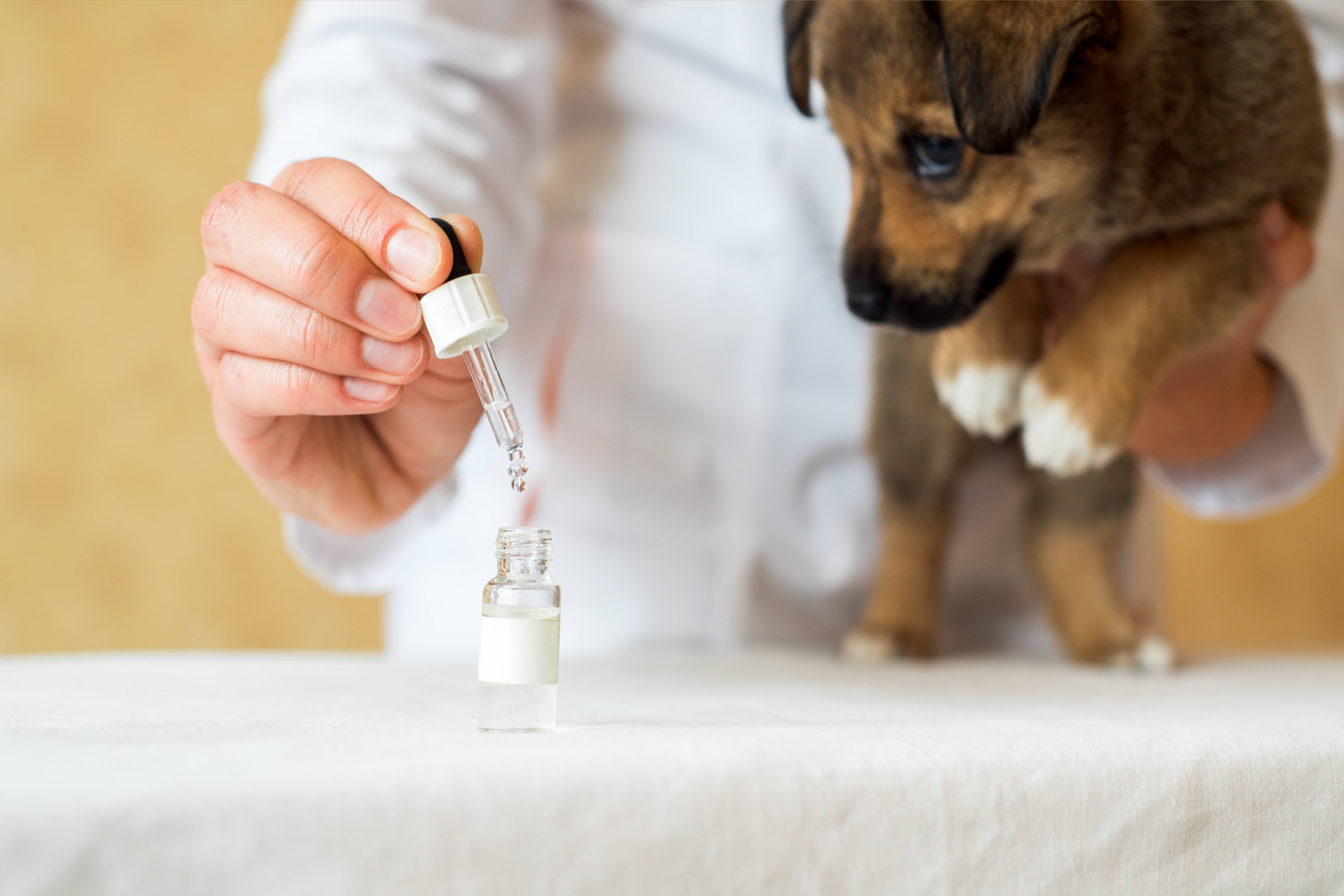Benefits of Glass Packaging by Industry
Think about the last time you enjoyed a drink from a glass bottle. The taste was clean, the freshness intact, and the experience felt premium. That’s just one of the many benefits of glass packaging.
For over 5,000 years, glass has been trusted to protect products and preserve quality. Today, it is more relevant than ever as supply chain leaders look for packaging that balances sustainability, compliance, and consumer demand.
Glass is one of the most sought-after sustainable materials due to its endless recyclability and reusability. These qualities make it a strategic solution for businesses navigating tight regulations and growing pressure for eco-friendly practices.
Before we dive into the details by industry, here are the key takeaways on why glass packaging continues to be a smart choice for brands today:
Key Takeaways
- Glass packaging is versatile, durable, and supports sustainability goals.
- It preserves product quality across industries while enhancing shelf appeal.
- Clear glass is ideal for recycling, and tinted glass protects light-sensitive products.
- Glass helps brands differentiate products, convey luxury, and meet consumer expectations.
- Manufacturers must consider closures, liners, and overall packaging to maintain product safety and compliance.
- Glass is ideal for beverages, foods, pharmaceuticals, and personal care products.
- Partner with Paramount Global for customized glass packaging solutions to optimize your packaging strategy.
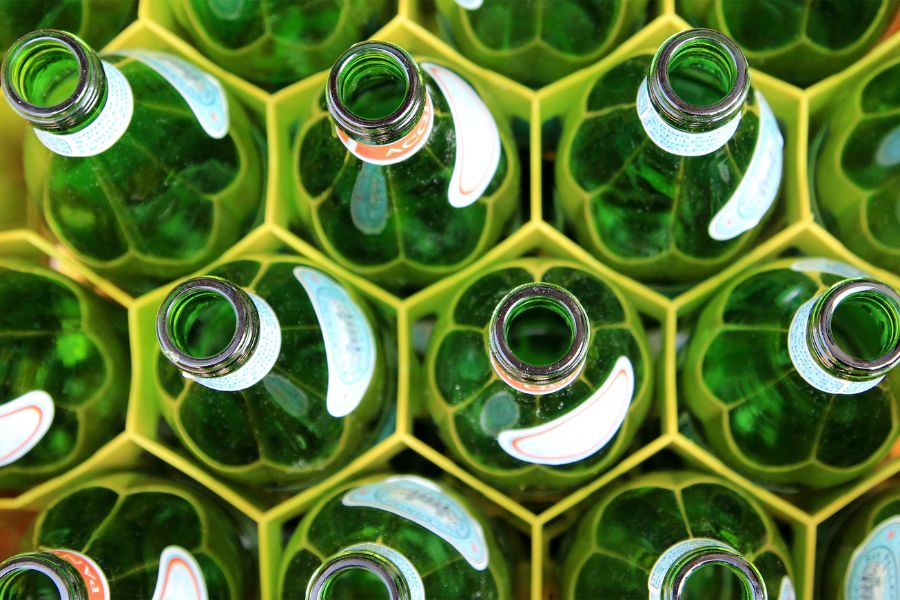
The Background of Glass Packaging
For most of human history, the primary function of packaging was to deliver, store, and protect food. Marketing and advertising did not come into play until the 20th century.
Glass containers first appeared around 1500 B.C., when molten glass was layered over a sand core. This breakthrough allowed glass to take different forms for storing and transporting products.
Over time, the benefits of glass packaging made it a trusted choice across industries. Food and beverage companies rely on glass to preserve freshness. Household chemical brands use it for its resistance to corrosion. Pet care, nutraceutical, and pharmaceutical products also benefit from glass’s ability to protect product integrity.
But what makes glass packaging so reliable? Since it’s a non-reactive substance, nothing that comes into contact with it will be affected or compromised. Add an airtight closure, and sealed glass bottles and jars keep products fresh, safe, and dry.
Today, both consumers and businesses see glass as one of the most sustainable packaging options available.
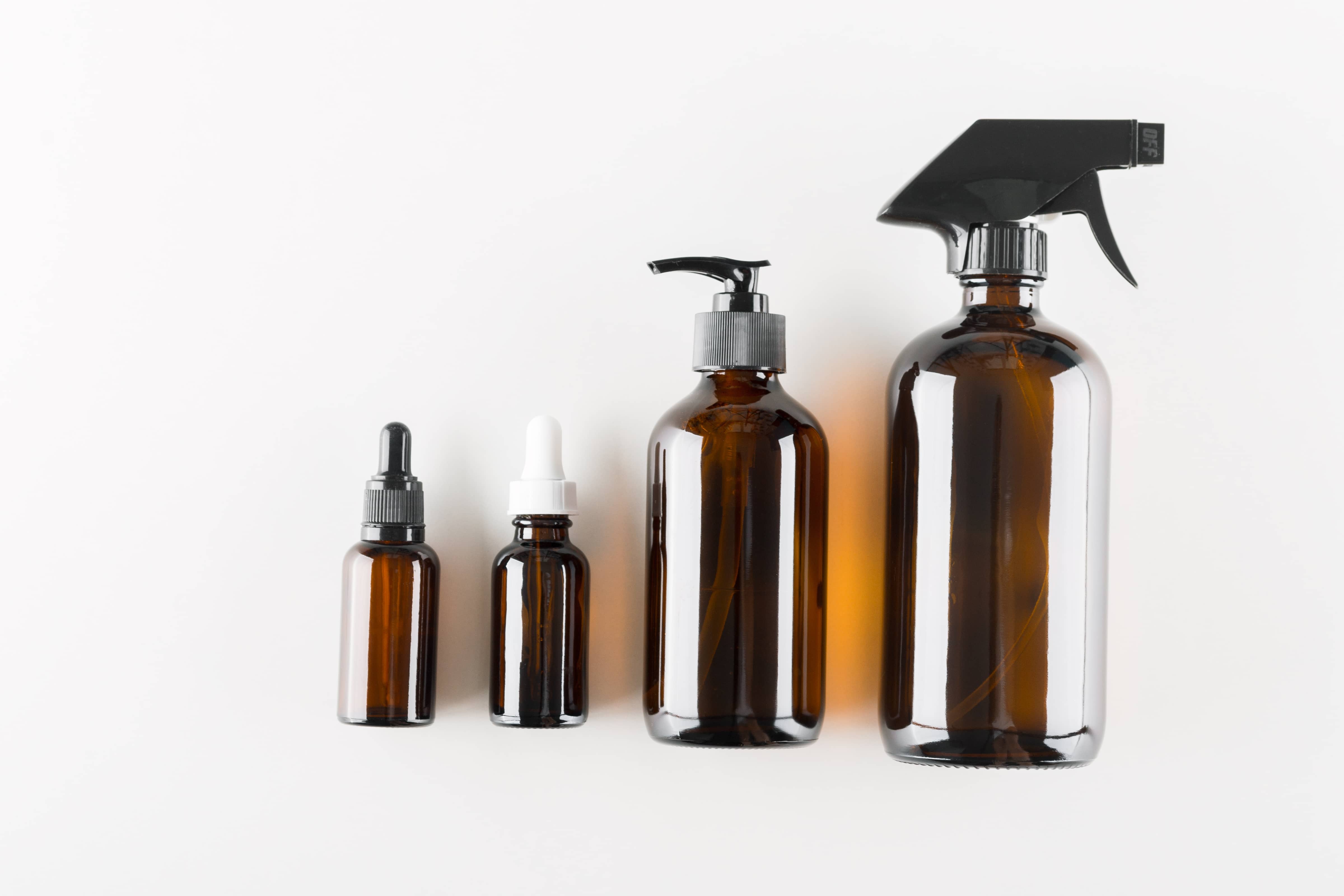
General Benefits of Glass Packaging
When supply chain leaders evaluate packaging, they often focus on product protection, sustainability, and compliance. Glass packaging delivers all three. Glass protects products, meets sustainability standards, and helps brands stand out in a crowded market.
Recycling and Sustainability with Glass
One of the most important benefits of glass packaging is its recyclability. Clear glass in particular can be recycled endlessly without losing strength or quality, making it one of the most sustainable packaging choices available.
Other colors, like amber and green, are often recyclable, but must be separated. Recycling plants process these colors separately because mixing them can contaminate the glass stream. Specialty colors like blue or decorative glass are trickier. They often contain additives that prevent them from being recycled with standard materials.
Commonly Recycled Glass
- Clear Glass: The most recyclable option, accepted almost everywhere.
- Brown/Amber Glass: Commonly accepted but usually separated for processing.
- Green Glass: Standard in manufacturing and often recyclable when sorted properly.
Glass That May Not Be Recyclable
- Blue Glass: Often contains additives that disrupt recycling.
- Ceramics and Pyrex: Made with high melting points that damage recycling equipment.
- Stained Glass: Additives often prevent it from being processed with clear glass.
Key Tips for Better Recycling
- Rinse and Empty: Clean bottles and jars before recycling.
- Check Local Guidelines: Rules vary, so confirm what’s accepted in your area.
- Use Drop-Off Centers: Some centers sort glass by color for proper processing.
- Keep Lids On: Lids are recycled separately and help keep containers intact.
For companies balancing cost, compliance, and sustainability, clear glass is the best choice to support long-term recycling goals. And while clear glass may be the recycling champion, every effort to recycle glass correctly, no matter the color, helps reduce waste and keeps sustainability moving forward.
Nonporous and Impermeable
One of the biggest advantages of glass is how well it protects what’s inside. Because it’s impermeable and nonporous, glass creates a strong barrier that keeps outside elements from affecting the taste, smell, or quality of the product. Its natural strength makes it durable enough to hold products without compromising integrity, which is why it’s trusted across so many industries.
Take foods like sugar or honey, for example. If they’re exposed to too much moisture, sugar hardens into a brick, and honey starts to crystallize. If stored properly, glass packaging prevents that by keeping contents fresh and at the proper moisture level.
Versatility Across Industries
Glass is known for its incredible versatility. As a packaging material, it works just as well for sparkling beverages as for sensitive pharmaceuticals. Here are a few examples:
- Beverages: Glass locks in carbonation and flavor while extending shelf life.
- Food: Glass keeps products fresh without the risk of chemical interactions.
- Pharmaceuticals: Glass provides safe, long-term storage thanks to its sterile and nonreactive nature.
- Personal Care: Glass offers durability that protects delicate formulas, while its weight and clarity deliver a premium, high-end look.
Because glass performs so reliably across different markets, brands can simplify their packaging strategies and maintain consistency across product lines. We’ll take a closer look at the unique benefits for each industry later in this article.
Hot Fill Compatibility
Many products need packaging that can handle extreme heat during the filling process. Fortunately, glass is naturally heat-resistant, allowing containers to withstand high temperatures without weakening or compromising product safety.
This heat resistance makes glass especially practical for juices, sauces, condiments, and nutraceutical liquids, where hot filling sterilizes the product and container simultaneously. This process saves manufacturers time by eliminating extra sterilization steps and preserving product quality.
For supply chain leaders, hot fill compatibility means greater efficiency, lower risk of product recalls, and packaging that consistently meets safety and compliance standards.
Non-Toxic
Packaging safety is in the spotlight with a growing concern over BPA and other harmful additives. Luckily, glass offers peace of mind because it is made from natural materials and contains no toxins. Businesses using glass are better equipped to maintain compliance with safety standards.
Customizable
Glass is a premium material that elevates the product and attracts attention. Its clarity and weight create a high-end feel while its versatility offers a variety of shapes, sizes, colors, and textures.
No matter the product, glass helps brands stand out on crowded retail shelves. Embossed details, distinctive finishes, and striking designs highlight quality and convey a sense of luxury.
Nearly every aspect of a glass container can be customized, including neck, body, color, and texture. The same material can transform into a perfume bottle, a wine bottle, or even a jam jar.
Quality
Consumers often prefer glass because it preserves products better than other materials. Its non-reactive surface helps keep flavors, aromas, and freshness intact, so every product tastes and feels as intended.
For brands, using glass packaging signals higher quality to consumers and reinforces a product’s value.
Benefits of Glass Packaging for the Food & Beverage Industry
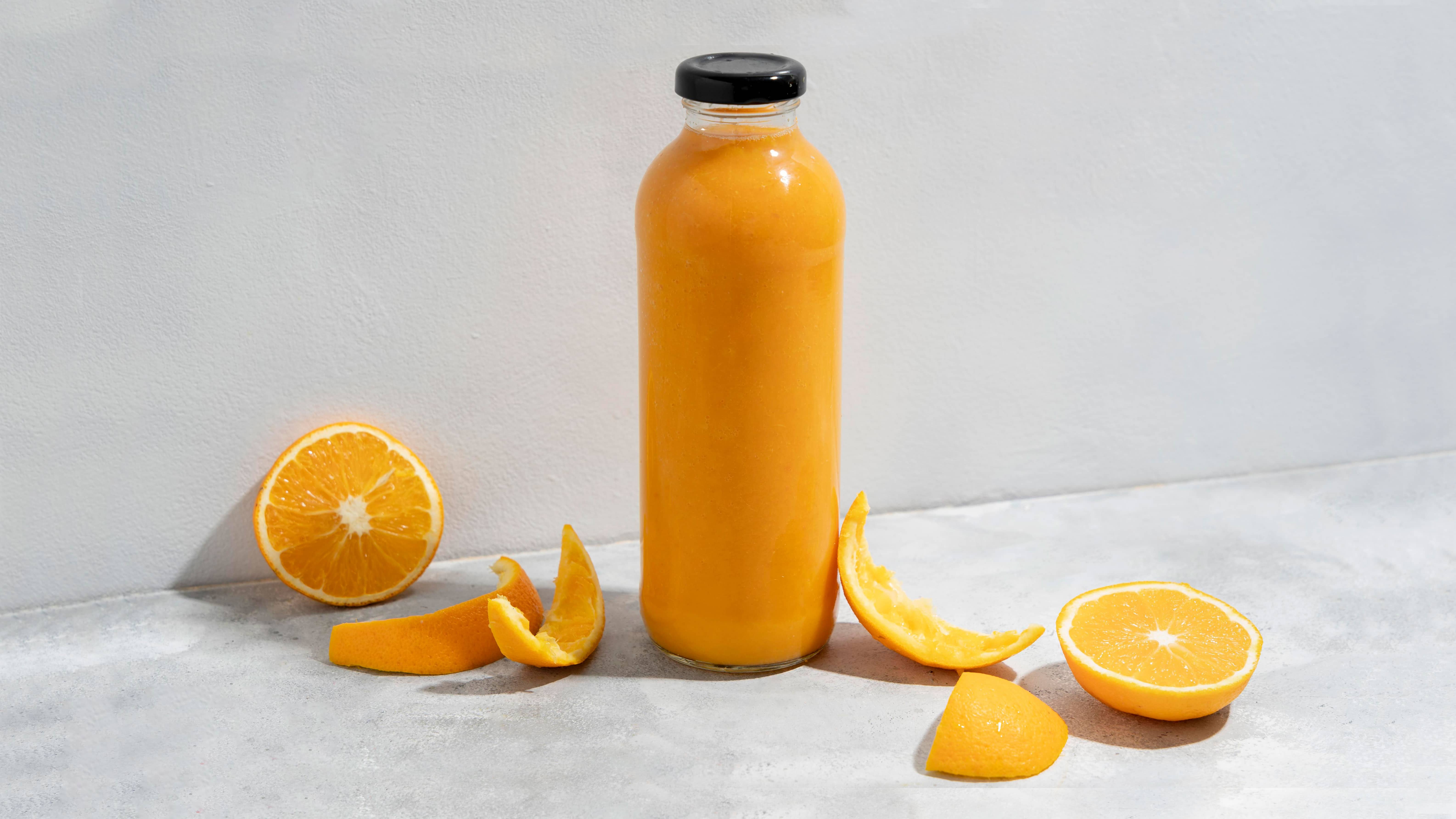
Glass bottles and jars are ideal for the food and beverage industry. Being a nonporous material, glass inhibits chemical interactions with the product, making it especially popular for food packaging. Consumable items that benefit from glass include beer, wine, spirits, elixirs, jams, honey, dressing, salsa, condiments, and sauces.
Food and beverage companies rely on packaging that protects product integrity while appealing to consumers. Glass bottles and jars deliver both.
Glass packaging offers specific advantages of preservation, safety, and convenience in the following ways:
Retaining Flavor, Temperature, and Freshness
Glass keeps food and beverages tasting and smelling as intended. It preserves carbonation, aromas, and temperature, making it ideal for long-term storage.
Containing No Additives Like BPA or Equivalents
Unlike some plastics or metals, glass contains no harmful additives, giving businesses and consumers confidence in product safety. Its purity helps prevent chemical interactions with food, beverages, or personal care products.
However, it’s important to remember that while glass itself is free of toxins, coatings on caps, liners, or closures can still leach into the product. New research has shown that some drinks in glass bottles contain even more microplastics than their plastic equivalents due to painted caps, according to a 2025 study by ANSES.
Steps to ensure glass remains the safest option include:
- Choosing BPA-free or food-safe closures and liners
- Avoiding paints, coatings, or adhesives that may react with the product
- Following strict hygiene and handling standards during production and filling
- Conducting regular safety testing of the whole packaging assembly
Manufacturers should consider every component of the packaging, not just the glass itself. Careful selection of closures, liners, and coatings ensures the product remains pure, safe, and high-quality, preserving the advantages that make glass a trusted choice.
Remaining Sterile and Non-Toxic
Newly manufactured glass is inherently sterile and non-toxic, even under extreme temperatures, making it ideal for consumable products.
Being Reusable and Recyclable
Glass containers are both reusable and recyclable. For product sustainability, it’s an excellent choice if you plan to reuse or recycle the glass to keep it out of the landfill. In fact, large glass bottles have the highest post-use value of any consumer item.
Attractive and Luxury Packaging
For higher-end products, like spirits and olive oils, glass provides a competitive edge on the shelf. Glass can be molded in different colors, shapes, and sizes to deliver a unique brand experience to consumers. Glass also provides a perceived increase in value due to its weight, which consumers identify as more of a luxury item.
Keeping Food and Beverages Safe
Sealed glass containers act like a shield, protecting food and beverages from humidity, pests, and airborne contaminants. This level of protection helps products stay fresh, safe, and ready for consumers. To explore more food packaging options, take a look at our eco-friendly food packaging guide.
Benefits of Glass Packaging for the Personal Care Industry
Glass packaging plays a vital role in the personal care industry, especially for products like serums, creams, lotions, and cosmetics. Its non-reactive surface keeps sensitive formulations stable, while its clarity and weight signal quality and luxury.
While glass may not be the best fit for larger items such as shampoo, conditioner, or body wash, it’s an ideal solution for smaller, high-value products where safety, stability, and shelf appeal are top priorities.
For supply chain leaders balancing cost efficiency with consumer expectations, glass protects product integrity, reduces compliance risks, and delivers a premium experience.
Below, we break down some specific benefits of glass packaging for personal care products.
Keep Formulations Stable
Because glass is non-toxic and doesn’t affect the composition of the products it holds, it’s ideal for keeping your product formulation safe and stable. If your formulation is light sensitive, tinted glass is an excellent choice to protect ingredients and preserve effectiveness.
Attractive and Luxury Packaging
Glass instantly elevates personal care products. Its heavier weight, clarity, and premium feel signal quality, while consumers associate glass packaging with luxury and higher value.
Recyclable and Reusable
Glass supports sustainability in personal care by offering both recyclability and reusability. Many beauty brands now design refillable products, encouraging customers to reuse glass jars and bottles instead of discarding them. This approach reduces waste and aligns with growing consumer demand for eco-friendly packaging.
To maximize these benefits, manufacturers should keep designs simple. Using fewer mixed materials, like metal or plastic components, makes glass easier to recycle and ensures it continues to achieve sustainability goals.
Benefits of Glass Packaging for the Household Chemicals Industry
When it comes to storing powerful cleaners, concentrates, or specialty solutions, durability and safety are non-negotiables. That’s why many manufacturers turn to glass packaging for household chemicals. Glass offers the strength and chemical resistance needed to keep products stable while maintaining consumer trust.
Below are some of the key benefits glass brings to this industry.
Being pH Resistant
Most types of glass have a pH resistance range of around 3 to 11, meaning that they won’t react or be affected by basic or acidic substances within that range, no matter how long they’re stored in a glass container.
Resisting Dissolution, Breakdown, or Corrosion
Glass containers won’t dissolve, break down, or corrode from contact with nearly any substance. This means they’re suitable for storing and transporting many corrosive or hazardous materials.
Storing Liquids, Concentrates, Pastes, Putties, Gums, and Waxes
Glass containers are excellent packaging for liquids, concentrates, pastes, putties, gums, waxes, and similar contents due to glass’s inherent durability and nonporousness.
Benefits of Glass Packaging for the Pet Care Industry
Glass is also an excellent choice for pet care packaging, where freshness and safety are priorities. Below are some of the key benefits of glass packaging for the pet care industry:
Being Impermeable and Nonporous
Most glass containers can have an airtight seal, so odors don’t escape, and contents stay fresh.
Leaving No Metallic Odor or Taste
Unlike metals, glass leaves no aftertaste, ensuring pet foods and treats maintain their natural flavor if stored properly.
Possessing Transparency
Clear glass lets pet owners see contents, making it easy to monitor freshness and quantity.
Benefits of Glass Packaging for the Nutraceutical & Pharmaceutical Industry
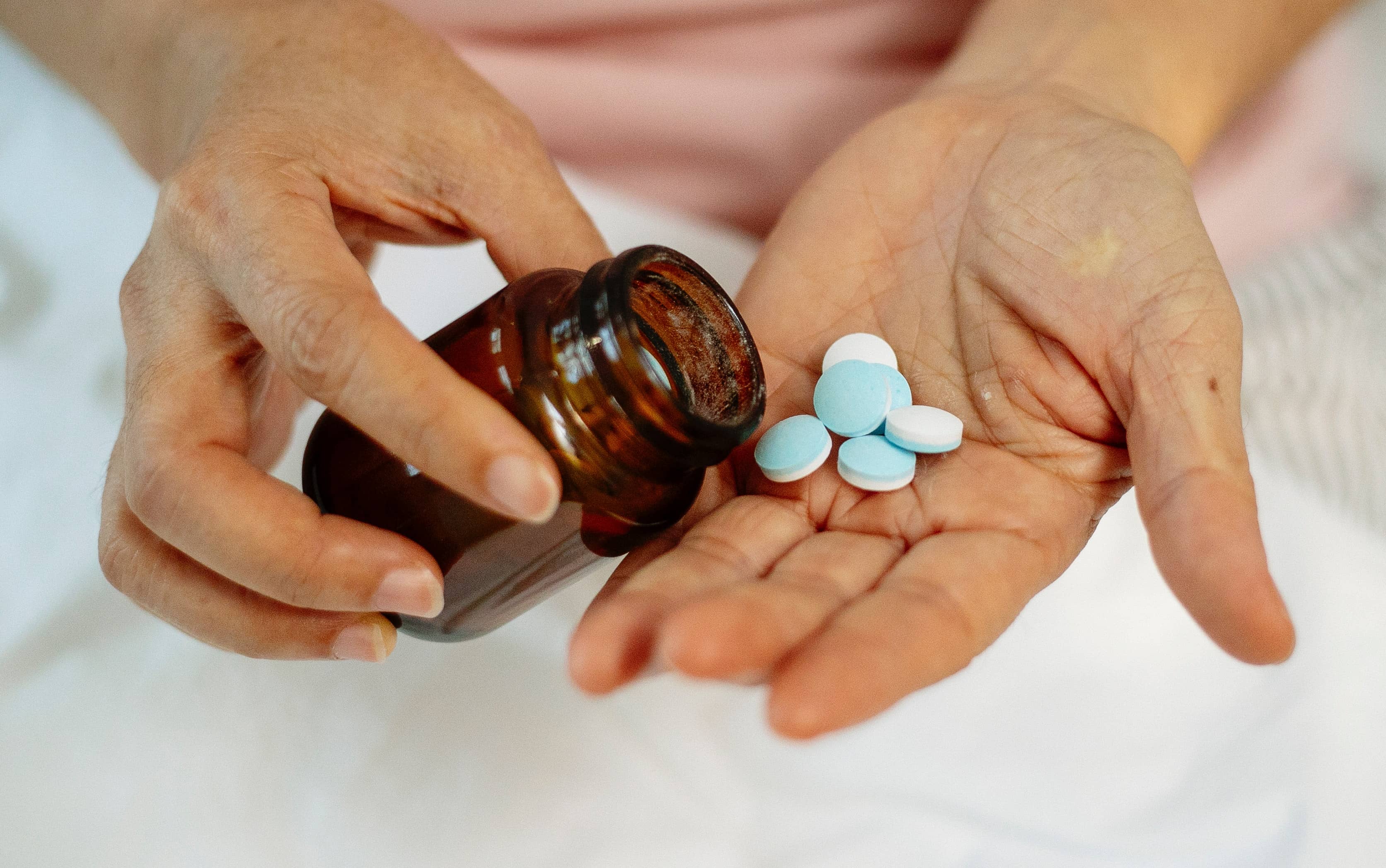
Glass packaging for the pharmaceutical and nutraceutical industries is ideal. Glass offers a variety of benefits, including:
Not Reacting to Contents
Because it’s sterile and inherently non-reactive, glass is excellent for storing sensitive medicinal or nutritional powders and liquids.
Extending the Life of a Product
Glass is highly durable, making it ideal for storing and preserving pharmaceuticals or nutraceuticals for months or even years.
Coming in Customizable Shapes and Sizes
The glass bottle manufacturing process is highly versatile. Shapes and sizes of glass containers are customizable, which is convenient for pharmaceutical or nutraceutical products in various quantities.
Glass Packaging with Paramount Global
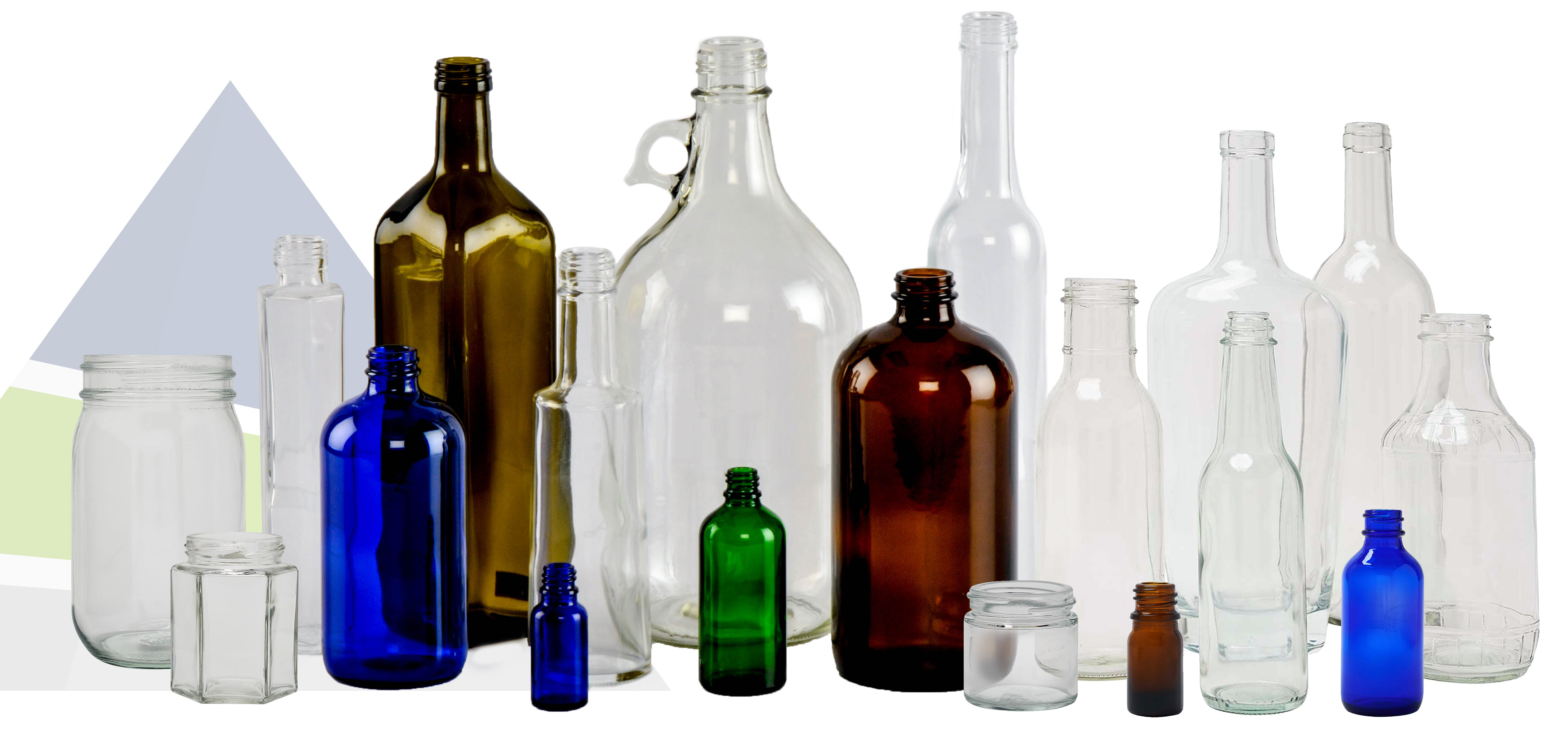
At Paramount Global, we know that every product deserves packaging tailored to its unique needs. For nearly 50 years, we’ve partnered with businesses across industries to deliver solutions that balance sustainability, compliance, and cost-efficiency.
Our team focuses on creating packaging that is right-sized, meets current regulations, and anticipates future trends so it performs in the market while strengthening your brand presence.
Partnering with Paramount Global means gaining access to full-service packaging and supply chain solutions tailored specifically to your business needs.
Contact us today for a free packaging consultation and learn how we can help you optimize your packaging for sustainability, compliance, and performance.
Not ready to make the call? As you consider your packaging needs, here are a few key areas to keep in mind when shaping your strategy.
How to Choose the Right Size Packaging for Your Product
Selecting the right size packaging affects shipping costs, shelf presence, and consumer convenience. When you partner with Paramount, we guide you through choosing the perfect fit for your product and supply chain.
What is Extended Producer Responsibility (EPR)?
EPR policies are reshaping the way companies think about packaging. Understanding these regulations can feel complex, but you don’t have to navigate them alone. Paramount works alongside you to clarify requirements, identify opportunities, and guide you toward compliant and more sustainable packaging solutions.
Your Guide to Product Packaging Design for 2025
Packaging design is evolving quickly with new sustainability regulations and shifting consumer expectations. Check our Packaging Design Guide to help you plan ahead and make confident decisions.
Hayley is a marketing professional and copywriter with a background in crafting content for a diverse range of industries. She has been writing about packaging and supply chain logistics for Paramount Global since 2022. She specializes in explaining complex topics in a clear and engaging way and is an advocate for sustainability in packaging and supply chain management.
For over forty years, Paramount has been delivering perfectly integrated packaging and supply chain solutions.

